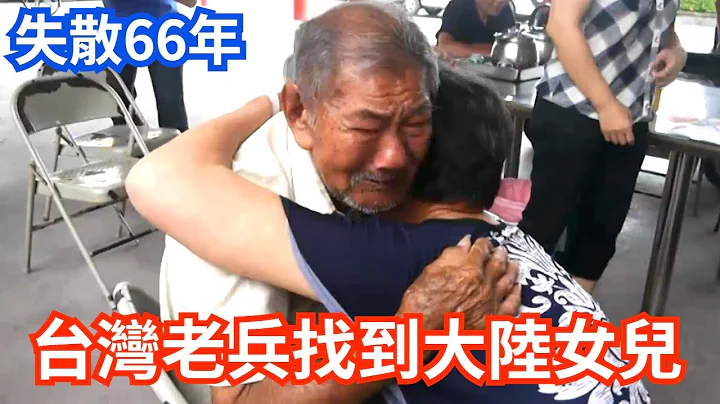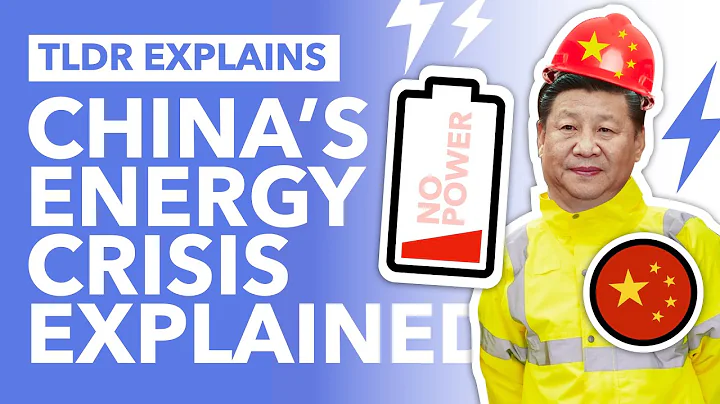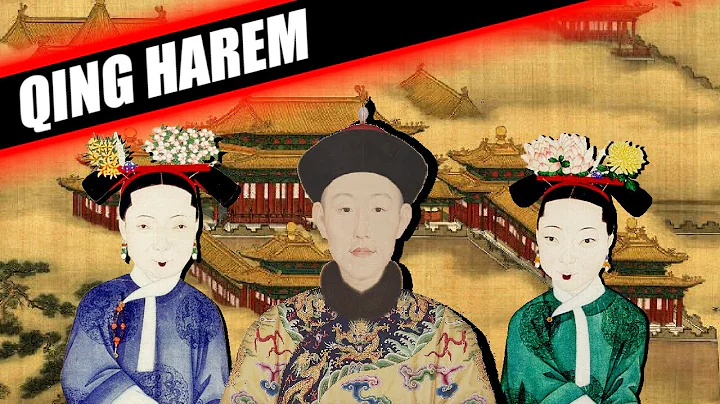On September 18, 1931, Japan launched the September 18th Incident and occupied the northeastern region of my country. After the September 18th Incident, many aspiring young people from the Northeast took the initiative to join the anti-Japanese and national salvation operations, composing one hymn after another for the times. For example, the person we are talking about today is a patriotic young man from Northeast China and a revolutionary young man who devoted himself to defending his homeland after the September 18th Incident. His name is Liu Lanbo.

After joining the Anti-Japanese War, Liu Lanbo witnessed the surrender of the Japanese invaders under the leadership of our party and also ushered in the founding of New China. After the founding of the People's Republic of China, Liu Lanbo served as minister of the Ministry of Electric Power Industry and other positions. He was a ministerial-level cadre of New China. So, what is the story about Liu Lanbo? What's his ending?
Liu Lanbo was born in 1904 in Fengcheng County, Liaoning Province. In his early years, Liu Lanbo mainly studied in his hometown. When he grew up, he first entered Nankai Middle School in Tianjin and soon after was admitted to Peking University. became the leader of that era. senior intellectuals. It is worth mentioning that studying abroad broadened Liu Lanbo's horizons. He was also exposed to various revolutionary ideas and began to actively explore the path of saving the country and the people.

While studying at Peking University, Liu Lanbo came into contact with Marxism-Leninism, and began to accept the guidance of our party and participated in the student movement. In 1926, Liu Lanbo joined the Communist Youth League. In 1928, he became a formal party member. After that, Liu Lanbo returned to the Northeast and served as secretary of the Northeast Sitao Road Bureau, where he secretly recruited party members and promoted our party's revolutionary ideas.

In 1931, the Northeast fell after the September 18th Incident. As a Northeasterner, Liu Lanbo hated the Japanese invaders. He was eager to take up arms to resist the Japanese army. Soon after, under the leadership of our party, Liu Lanbo joined the Northeast Anti-Japanese Army. The volunteer army has contributed to the defense of our homeland. In 1932, Liu Lanbo joined the Northeastern Army. After that, until the Anti-Japanese War broke out, Liu Lanbo followed the Northeastern Army. During that period, he did a lot of work that was conducive to the establishment of the Anti-Japanese United Front, and also witnessed the Xi'an Incident. peaceful solution.

After the outbreak of the Anti-Japanese War, Liu Lanbo joined the Northeast National Salvation Association and organized anti-Japanese and national salvation activities in Wuhan and other places. In 1939, Liu Lanbo arrived in Yan'an and joined the United Front Work Department of the Central Committee, where he continued to work on consolidating the anti-Japanese united front. After the victory of the Anti-Japanese War, Liu Lanbo was sent to work in the Andong region of Northeast China. He served as secretary of the Andong Provincial Party Committee and political commissar of the Andong Military Region. He did a lot of frontline support for the liberation of Northeast China and witnessed the liberation of Northeast China and the founding of New China. Birth.

After the founding of the People's Republic of China, Liu Lanbo served as deputy minister of the Ministry of Fuel Industry. In 1955, he was appointed minister of the Ministry of Electric Power Industry and became a ministerial-level cadre of New China. During that period, Liu Lanbo did a lot of basic work for my country's electric power industry. He was a hero in building New China. However, during the special period of ten years, Liu Lanbo was wrongly criticized. What happened?
It turns out that in 1946, the Northeast Bureau arranged for Lu Zhengcao, Zhang Xuesi and others to negotiate with the Kuomintang Major General Qin Chengzhi on matters related to the exchange of prisoners. After the founding of New China, Qin Chengzhi stayed in Dalian and served as a librarian at the Dalian Museum of Culture and History. During the special period of ten years, as a former major general of the Kuomintang, Qin Chengzhi was shocked. The "rebels" asked him to admit that he had instigated rebellion. Lu Zhengcao, Zhang Xuesi and others.

In 1967, the "rebels" found no evidence, but they still framed Lu Zhengcao, Zhang Xuesi and others as "traitors", and also added Liu Lanbo, Wan Yi and others. These people were all framed and suffered great physical and mental torture. It was not until the end of the ten-year special period that Liu Lanbo's situation improved. In 1979, Liu Lanbo returned to work and resumed his role as Minister of Electric Power Industry.
In 1981, Liu Lanbo resigned as Minister of Electric Power Industry. It is worth mentioning that when he resigned, he recommended Li Peng, who served as Vice Minister, to be his successor. Li Peng was a very young cadre at the time, and later served as Prime Minister of the State Council. From this we can see that Liu Lanbo is a very outstanding "Bo Le".


















![[Eng Sub] Kangxi Dynasty EP.01 Prince Xuanye wins first place in exam but unluckily catches smallpox - DayDayNews](https://i.ytimg.com/vi/HPtwmzuhVA4/hq720.jpg?sqp=-oaymwEcCNAFEJQDSFXyq4qpAw4IARUAAIhCGAFwAcABBg==&rs=AOn4CLCR_-ZC8HmzMKyx8zk0YaDVI-OHLQ)
![[MULTI SUB]Full Movie《Yang Guifei》|fantasy|Original version without cuts|#SixStarCinema🎬 - DayDayNews](https://i.ytimg.com/vi/oQIewYmBucc/hq720.jpg?sqp=-oaymwEcCNAFEJQDSFXyq4qpAw4IARUAAIhCGAFwAcABBg==&rs=AOn4CLCK93TknJtkfiQKzpRZVWFt_7oeCA)

